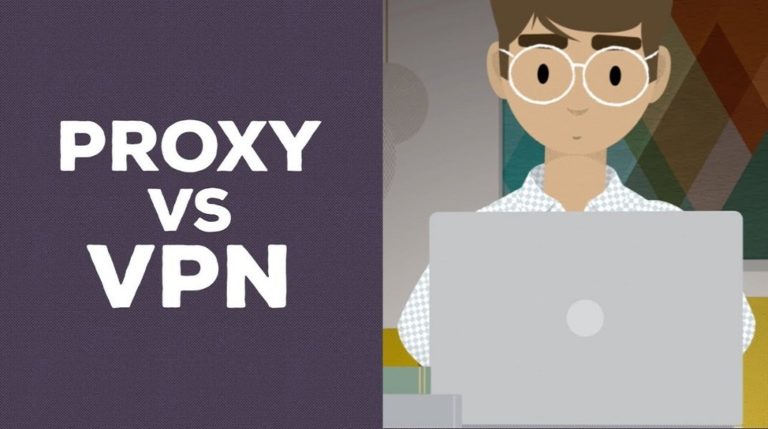What Does a VPN Use to Ensure That Any Transmissions That Are Intercepted Will
A VPN, or Virtual Private Network, uses a variety of methods to ensure that any transmissions that are intercepted will be unreadable.
 Checkout this video:
Checkout this video:
Introduction
A VPN uses a combination of encryption andtunneling technologies to ensure that any transmissions that are intercepted will be unreadable and therefore useless to anyone who tries to access them.
What is a VPN?
A VPN is a Virtual Private Network. A VPN is a service that encrypts your Internet traffic and allows you to appear in a different location. A VPN is used to protect your online traffic from snooping, interference, and censorship.
How Does a VPN Work?
A VPN, or Virtual Private Network, allows you to set up a private, secure connection to another network. This can be especially useful when you’re traveling and want to access content that might be blocked in your current location.
When you connect to a VPN, all of your traffic is routed through an encrypted tunnel so that it can’t be intercepted by anyone. This means that your data is safe from hackers and other third parties who might try to track or spy on you.
In addition to data security, VPNs can also be used to bypass censorship and other restrictions. Many countries block certain websites or impose strict limitations on what kinds of content their citizens can access. However, by connecting to a VPN server in another country, you can trick your computer into thinking it’s located in a different place. This allows you to access websites and online services that might otherwise be unavailable in your country.
VPNs are commonly used by businesses as well as individual users. Companies often use them to allow their employees to securely connect to the company network from remote locations. This allows workers to access their email, files, and other resources while traveling. For individuals, VPNs can be used to protect your privacy online and keep your browsing history private from your ISP or government.
If you’re interested in setting up a VPN, there are many different options available. You can choose between free and paid services, depending on your needs. There are also different protocols available, which offer different levels of security and privacy. Be sure to do some research before deciding which one is right for you!
What is a VPN Used For?
A VPN is a private network that uses a public network (usually the Internet) to connect remote sites or users together. Instead of using a dedicated, real-world connection like leased line, a VPN uses “virtual” connections routed through the Internet from the company’s private network to the remote site or employee. By using a VPN, companies ensure security — anyone intercepting the encrypted data can’t read it.
What Does a VPN Use to Ensure That Any Transmissions That Are Intercepted Will Be Encrypted?
In order to ensure that any transmissions that are intercepted will be encrypted, a VPN will use protocols such as SSL or IPsec. SSL is a protocol that is used by web browsers to encrypt communications. IPsec is a protocol that is used to encrypt communications at the network layer.
VPN Protocols
Even if you are not particularly tech-savvy, you have probably heard of VPNs. With the increase in concerns over online privacy and security, more and more people are turning to VPNs to protect their data. But what exactly is a VPN, and how does it work?
Simply put, a VPN is a way to encrypt your internet traffic and route it through a server in another location. This has a few benefits. First, it makes it much harder for anyone to intercept and read your traffic. Second, it allows you to spoof your location, which can be useful for accessing geo-restricted content or getting around censorship.
There are a few different protocols that VPNs can use to encrypt traffic. The most common are PPTP, L2TP/IPSec, SSTP, and IKEv2/IPSec. PPTP is the oldest and most compatible with older devices, but it is also the least secure. L2TP/IPSec is more secure but can be slower. SSTP is only compatible with Windows devices but is very fast and secure. IKEv2/IPSec is the newest protocol but works well on both mobile and desktop devices.
When choosing a VPN provider, always make sure to check which protocols they offer and choose one that meets your needs in terms of speed and security.
VPN Encryption
VPN services usually offer a variety of protocols to choose from. The most common protocols are L2TP/IPsec, SSTP, and PPTP. We’ll go over each one and explain what they do below.
L2TP/IPsec
L2TP is short for Layer 2 Tunneling Protocol and IPsec is short for Internet Protocol Security. Together, they provide a pretty strong encryption method that is also quite fast. Due to the fact that it offers great security and speed, L2TP/IPsec is one of the most common protocols used by VPN providers.
SSTP
SSTP is short for Secure Socket Tunneling Protocol and was developed by Microsoft. It uses 2048-bit encryption, which is not as strong as the AES-256 bit encryption used by OpenVPN but is still considered very secure. One advantage of SSTP over other protocols is that it can bypass most firewalls since it uses port 443, which is the same port used by HTTPS traffic.
PPTP
PPTP is short for Point-to-Point Tunneling Protocol and was one of the first VPN protocols developed. It’s not as secure as either L2TP/IPsec or SSTP but it’s much faster. Due to its speed and ease of use, PPTP is still a popular choice, especially among beginners.
Conclusion
There are a number of factors that a VPN will use to ensure that any transmissions that are intercepted will be secure. These include encryption, tunneling, and authentication.
